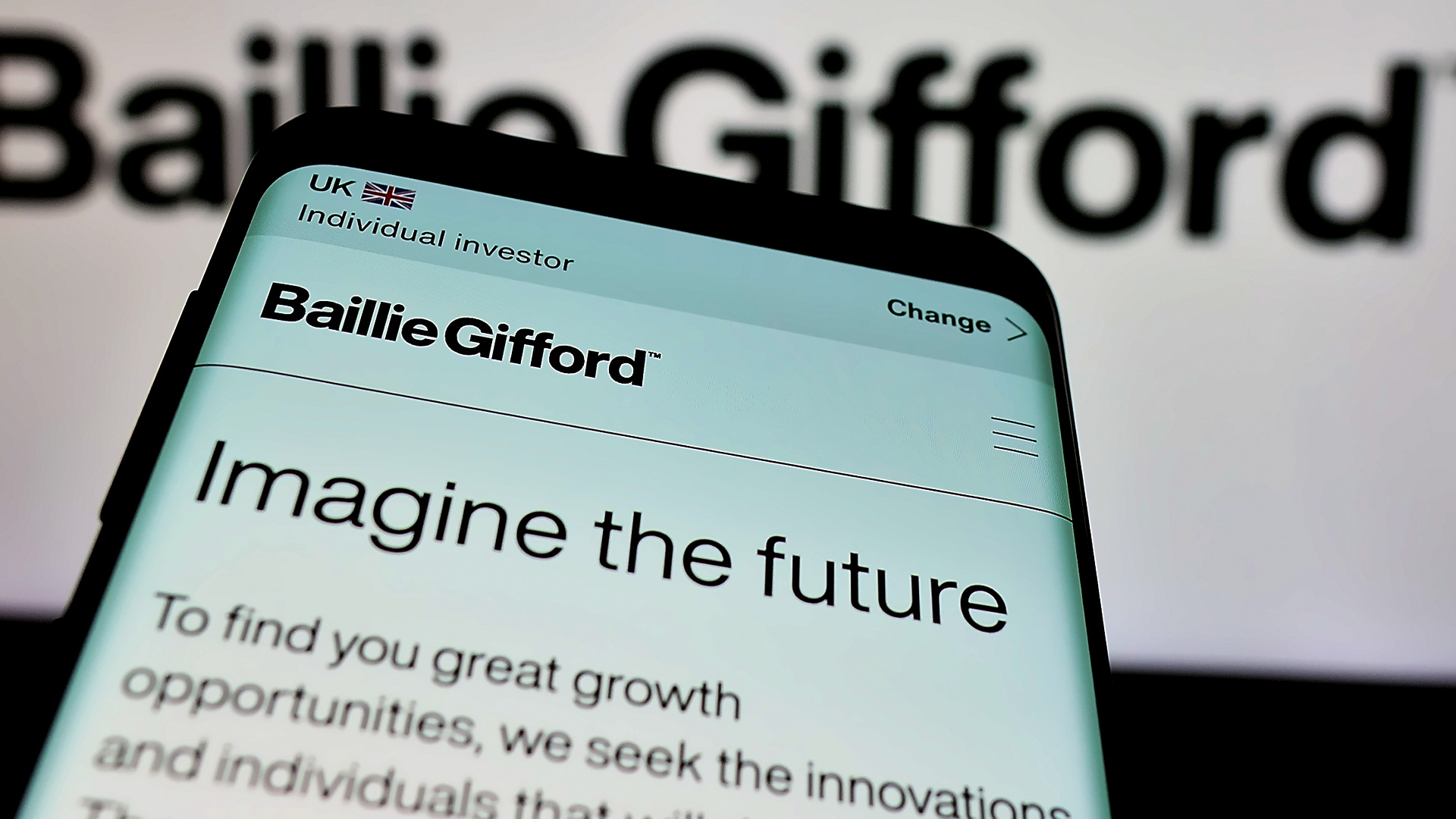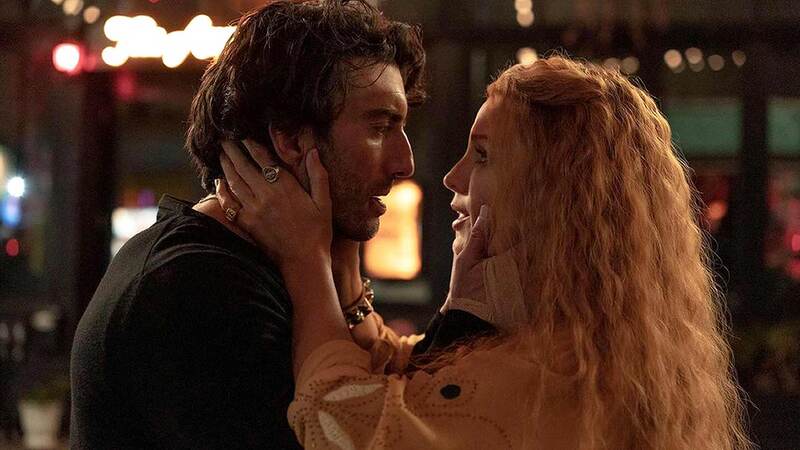You are viewing your 1 free article this month. Login to read more articles.
Unmaking Hay
History suggests that the protests against Baillie Gifford’s sponsorship of literary events will impact festivals far more than it will the investment group.

I first went to the Hay Festival in the early noughties.
As you may recall, it was the time when a number of high-profile writers boycotted the event because of its sponsor, Nestlé, which was under fire for promoting powdered milk in poorer parts of the world in place of breast milk. Will Self said: “Nestlé is just the pits.”
I have been numerous times since, both as a speaker and visitor. This year’s festival, though, was similarly challenged by book collective Fossil Free Books (FFB), which wanted Hay to drop sponsor Baillie Gifford for its investments in oil and the like, and in Israel. Other festivals in receipt of Baillie Gifford money have also been targeted, with Edinburgh International Book Festival (EIBF) saying the pressure was “intolerable”.
Hay was polite in public, but less so in private. EIBF ended its 20-year relationship with the fund manager last week, with Borders Books Festival, Cheltenham Literature Festival, Wigtown Book Festival and Stratford, cancelled by Baillie Gifford. The aim, says FFB, is not to target the festivals but to put pressure on Baillie Gifford. The immediate impact, though, has been on the former.
The Guardian’s Nils Pratley pointed out that Baillie Gifford manages funds on behalf of others, arguing that the cause of climate activism will not be advanced when the demands are so absolute. The environmental writer Mark Lynas was one of a few writers to break cover, criticising FFB for what seemed like threats – although that accusation, based on the emails I saw, looked like a stretch and was disputed by others, including Max Porter. That said, FFB’s use of terms such as “escalation” and “disruption” was genuinely chilling, and it is worth pointing out that words are not always received as they may have been meant.
However, a world without these shared stages seems to me to be unconscionable, just as one where protest is suppressed would be wrong.
At Hay, the buzz among the tents was pretty good. If punters had been put off attending it was hard to see, and Hay has since reported numbers up on 2023. I went to a couple of sessions where statements were read out, and while some clapped, others looked uncomfortable. Book audiences, I feel, can make up their own minds about these things, and it did not surprise me when I saw one visitor asking a protestor about the hostages taken from Israel on 7th October– a matter unreferenced by FFB in its communications.
Actually, Hay was less concerned about the disruption from those inside the tents, but rather by the lack of voice from those who may have felt obliged to stay away, with speaker pull-outs resulting in ticket cancellations which, had they escalated, would have put the charity at risk. Some commentators argued that authors should have stood up to FFB, but most writers are not in positions of power. For them, these platforms are vital, with the risk from things going awry because of disruption acute.
I would like to continue to attend book festivals, and if this prompts a much-needed discussion about who pays for them, all the better (corporate funding, as with tax payer subsidies, generally comes with strings). However, a world without these shared stages seems to me to be unconscionable, just as one where protest is suppressed would be wrong.
We could all take a lesson from history, of course. Nestlé was dropped by Hay, and a few years later, the former also ended its sponsorship of its children’s book award, which it had backed for more than 20 years. Nestlé continues to sell infant formula and continues to be criticised for the way it goes about it. In short, it got out of books, not milk.















